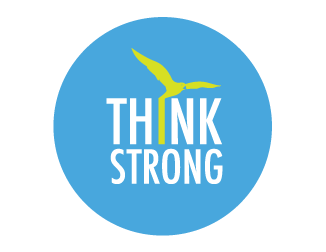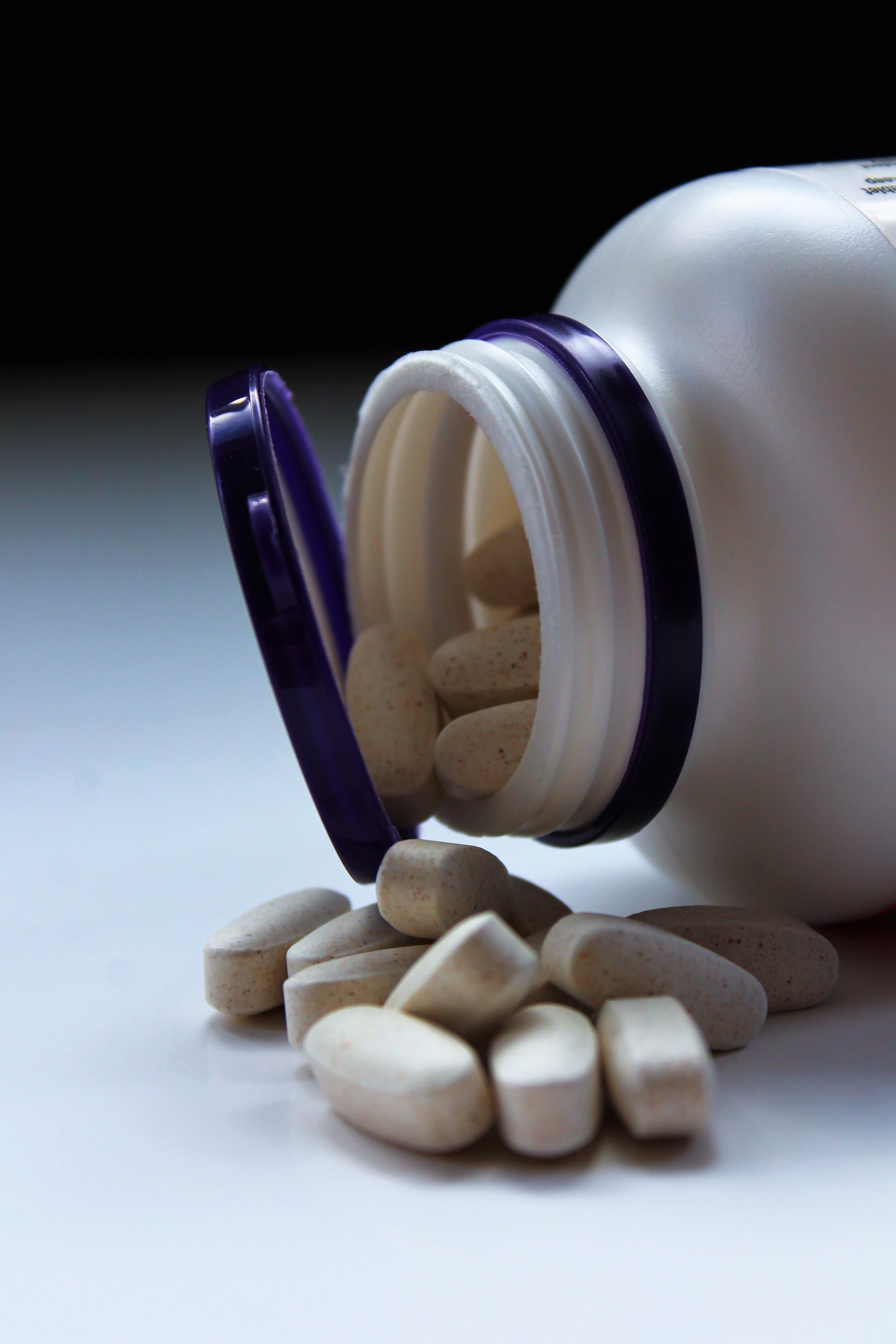Addiction
What Is Addiction?
Addiction in its many forms can often arise after an initial “hit”, first big win or a desire to escape from something. The excitement that it can generate leads people to seek / avoid those feelings again. A behaviour then exists which may even replace the craving for the the initial stimulus. This can have harmful consequences as money, time, resources may be needed to feed the “addiction”.
A person with an addiction uses substances , or engages in behaviors, for which the rewarding effects provide a compelling incentive to repeat the activity, despite detrimental consequences. Addiction may involve the use of substances such as alcohol, inhalants, opioids, cocaine, and nicotine, or behaviors such as gambling.
Evidence suggests that addictive behaviors share key neurobiological features: They intensely involve brain pathways of reward and reinforcement, which involve the neurotransmitter dopamine. And, in keeping with other highly motivated states, they lead to the pruning of synapses in the prefrontal cortex, home of the brain's highest functions, so that attention is highly focused on cues related to the target substance or activity. It is important to know that such brain changes are reversible after the substance use or behavior is discontinued.
Both substance use disorders and gambling behaviors have an increased likelihood of being accompanied by mental health conditions such as depression and anxiety, or other pre-existing problems. Substance use and gambling disorders not only engage the same brain mechanisms, they respond to many of the same treatment approaches.
Substance use and gambling disorders are complex conditions that affect the reward, reinforcement, motivation, and memory systems of the brain. They are characterized by impaired control over usage; social impairment, involving the disruption of everyday activities and relationships; and craving. Continuing use is typically harmful to relationships as well as to obligations at work or school.
Another distinguishing feature of addictions is that individuals continue to pursue the activity despite the physical or psychological harm it incurs, even if it the harm is exacerbated by repeated use. Typically, one's tolerance to a substance increases as the body adapts to its presence.
Because addiction affects the brain’s executive functions, centered in the prefrontal cortex, individuals who develop an addiction may not be aware that their behavior is causing problems for themselves and others. Over time, pursuit of the pleasurable effects of the substance or behavior may dominate an individual’s activities.
All addictions have the capacity to induce a sense of hopelessness and feelings of failure, as well as shame and guilt, but research documents that recovery is the rule rather than the exception. There are many routes to recovery. Individuals can achieve improved physical, psychological, and social functioning on their own—so-called natural recovery. Others benefit from the support of community or peer-based networks. And still others opt for clinical-based recovery through the services of credentialed professionals.
The road to recovery is seldom straight: Relapse, or recurrence of substance use, is common—but definitely not the end of the road. For those who achieve remission of an addiction disorder for five years, researchers report, the likelihood of relapse is no greater than that among the general population. Neuroscientists report that synaptic density is gradually restored.
Useful Links:
If you have been affected by anything in the article, please do not hesitate to contact me for a free consultation to discuss your concerns and a possible way forward.




